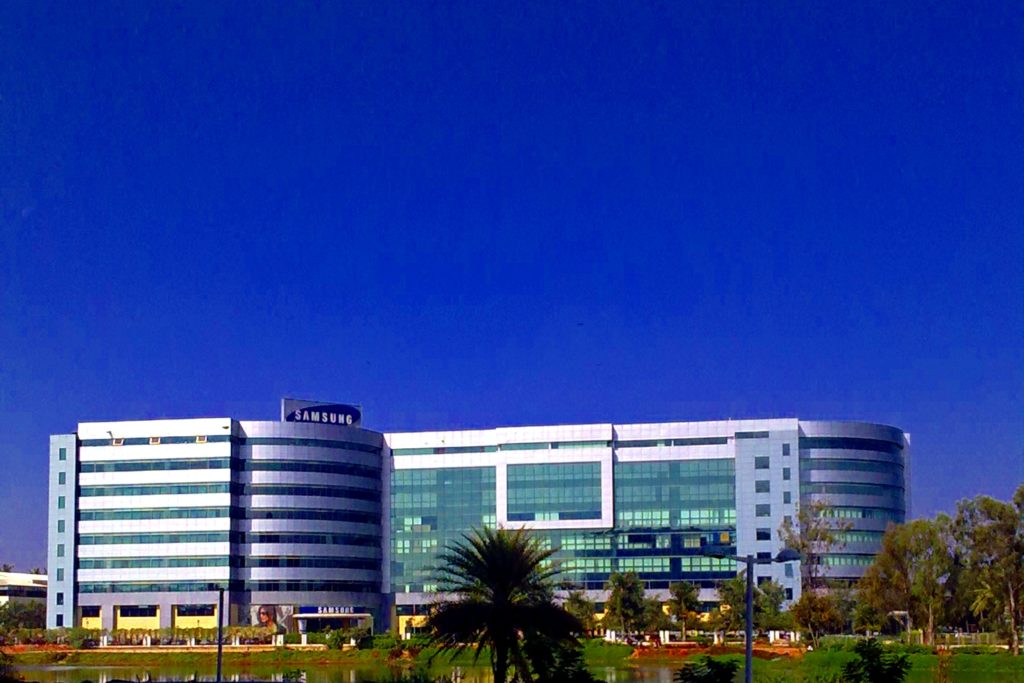The Peninsula
Korea’s Economic Relationship with India Gets Dragged into Court and Politics

By Nicholas Hamisevicz
The recent ruling by India’s Supreme Court requiring Samsung Electronics chairman Lee Kun-Hee to come to India to face criminal charges connected to the alleged failure of a Samsung subsidiary to pay one of its Indian suppliers is yet another example of how India continues to turn away potential Korean and international investors. Cases such as this and the ongoing dispute between POSCO and the Indian state of Odisha, have left Korean investors with the perception that business in India is excessively difficult and that the South Korea –India economic relationship, therefore, has limited value.
The Samsung case brought before the Indian Supreme Court is a complicated one. JCE Consultancy claimed Samsung Gulf Electronics, based out of Dubai, failed to pay $1.43 million for services previously rendered. Samsung claims that its subsidiary was a victim of a fraud scheme that caused the delay in payment. While legal action against Samsung is understandable, requiring the head of Samsung to come to India to face charges rather than requiring Samsung to make payments found to be legitimate or face financial penalties is excessive. Questions have also arisen regarding JCE Consultancy and the Indian government is now looking into it to see if it is properly licensed and registered. Despite these complexities, the ruling against Samsung recalls examples of other multinational corporations in legal disputes in India. Moreover, the South Korean embassy and government are looking into invoking the Bilateral Investment Promotion and Protection Agreement it has with India, which would bring in international arbitration.
Samsung is not the only Korean company facing challenges in India. POSCO’s efforts to invest in mining operations looks to be stuck again because of local and federal government squabbles in India. There was hope that momentum from President Park Geun-hye’s January trip to India could help move the project along; however, more delays have arisen. The Odisha state government has delayed designating the iron-ore bearing regions that POSCO and others can use and has failed to “send all required documents to the mines ministry” so POSCO could get the mining license. POSCO also complained to the central government for failing to grant necessary approvals, including a prospecting license to start exploring a mine already allocated to it. POSCO brought both of these issues to the Cabinet Committee on Investment, which is led by India Prime Minister Manmohan Singh and is supposed to expedite the process for the implementation of large, critical investments in India. Despite these efforts and the push from supporters of the investment, a quick resolution does not appear to be in sight. Moreover, with elections throughout India for the next month, the political process will likely slow down the response time.
While other democracies have to deal with rulings or actions taken by different branches of government or entities that affect bilateral economic relations, recent events with Samsung and POSCO highlight the difficulties of foreign companies of doing business in India. In this case, the Ministries of External Affairs and Commerce are trying to find solutions to minimize the damage from the Samsung case, while POSCO and President Park have appealed to Prime Minister Singh for help in finalizing regulations that would allow POSCO to move forward on plans dating back to 2005.
India and South Korea need more than just an updated Comprehensive Economic Partnership Agreement to enhance their economic relations. The challenges of navigating federal and local rules need to be addressed. Without doing so, a perception could develop among Korean companies that it is difficult to do business in India and they will seek opportunities elsewhere. If the economic potential of the Korea-India relationship is to be fulfilled, investments need to be able to move forward without being mired in legal and political delays.
Nicholas Hamisevicz is the Director of Research and Academic Affairs for the Korea Economic Institute of America. The views expressed here are his own.
Photo from Nadir Hashimi’s photo stream on flickr Creative Commons.
